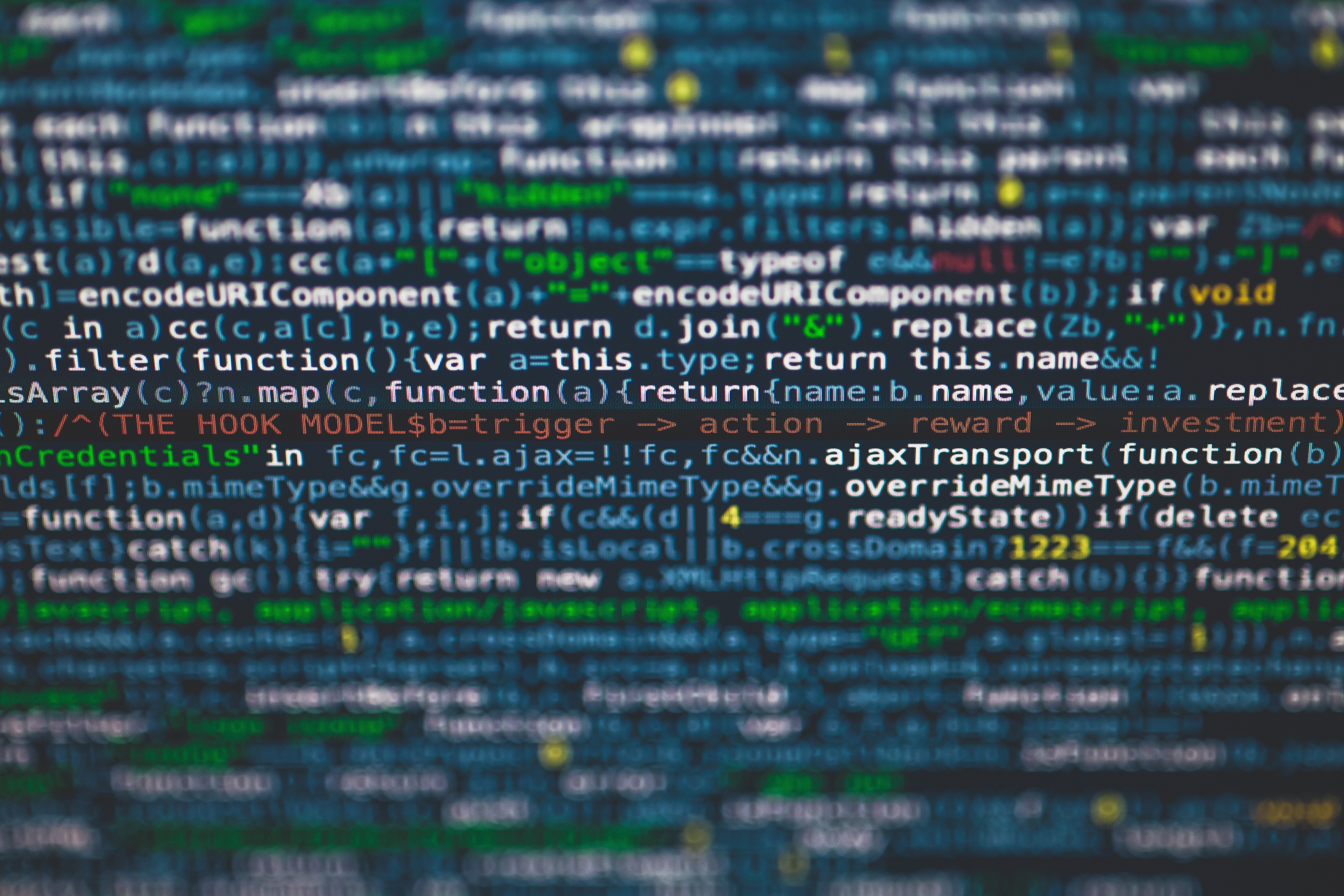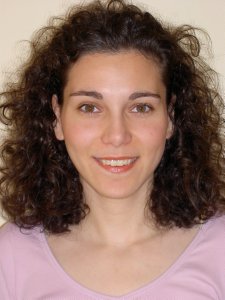The European Association for Programming Languages and Systems (EAPLS) Best PhD Dissertation Award 2015 has been won by Dr Maria Christakis, from the School of Computing for her dissertation ‘Narrowing the gap between verification and systematic testing‘.
This award is given to the PhD student who has made the most original and influential contribution to the area of Programming Languages and Systems, and has graduated in 2015 at a European academic institute. The purpose of the award is to draw attention to excellent work, to help the career of the student in question, and to promote the research field as a whole.
Maria said: ‘I’m so happy, moved, and excited to have won such a prestigious award. It reinforces my passion for research, with both theoretical and practical impact. I am grateful to the EAPLS committee, my PhD advisor Peter Müller at ETH Zürich, and all my collaborators.’
Maria’s thesis was judged on originality, impact, relevance, and quality of writing by a committee of international experts. They concluded unanimously that Dr Christakis’ dissertation is an outstanding piece of work; it received the best marks amidst some very strong contenders.
A summary of the jury’s findings:
- The thesis contains an effort in combining verification and testing, fields that seemed to be disjoint to date.
- This thesis presents both novel theoretical and practical results on a high level. There are contributions that advance the state of the art both in testing and verification as well as a case study on a real piece of software.
- Her contributions are significant and novel, the breadth is also “unusual” or “impressive”, and she implemented and evaluated with industrial tools.
- The results have been published in a series of internationally well-known conferences: FM, TACAS, ICSE, VMCAI, SEFM, RV, and SPIN.
- The dissertation is very well written.
A spokesperson from EAPLS said: ‘We offer Dr Christakis our heartfelt congratulations with her achievement. We are confident that it will be a sign of a long and distinguished scientific career.’

